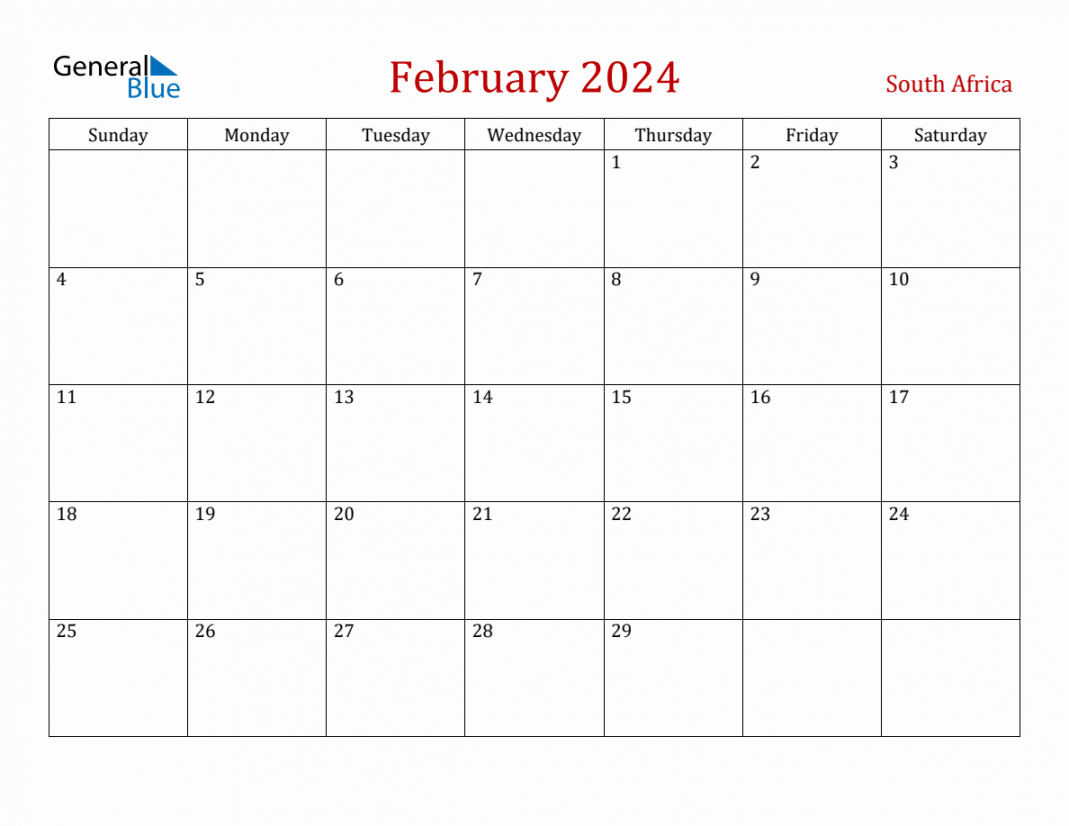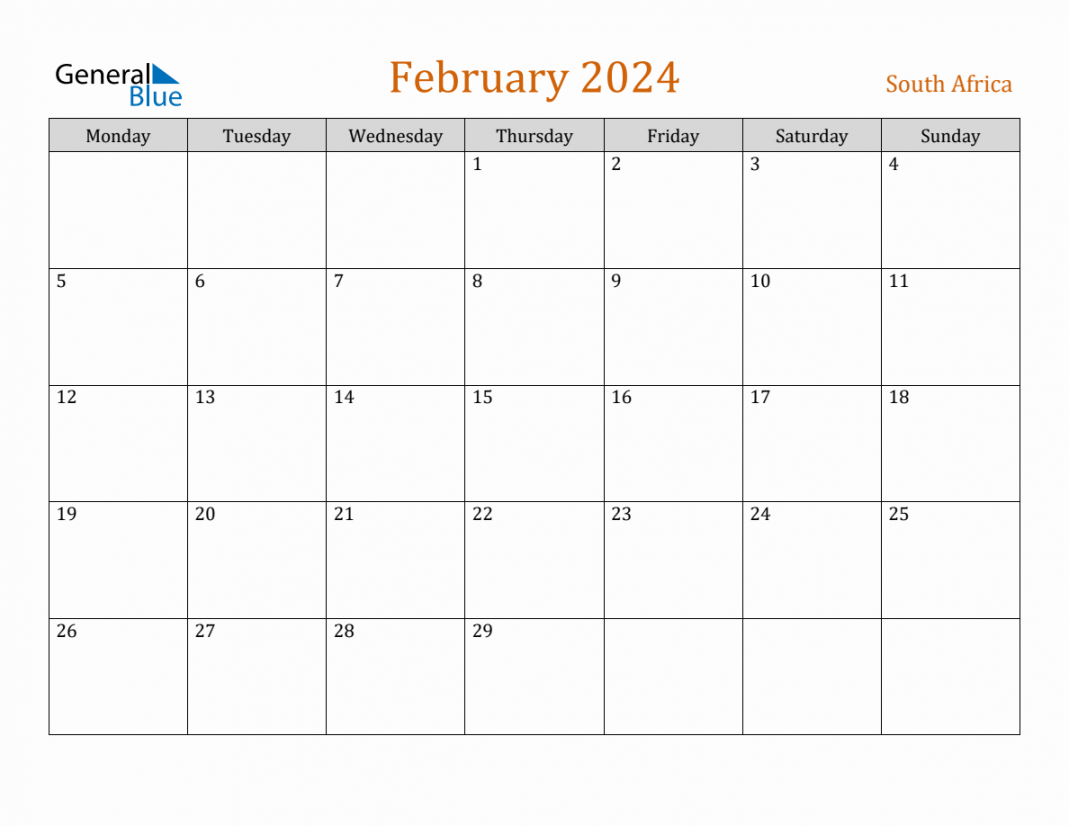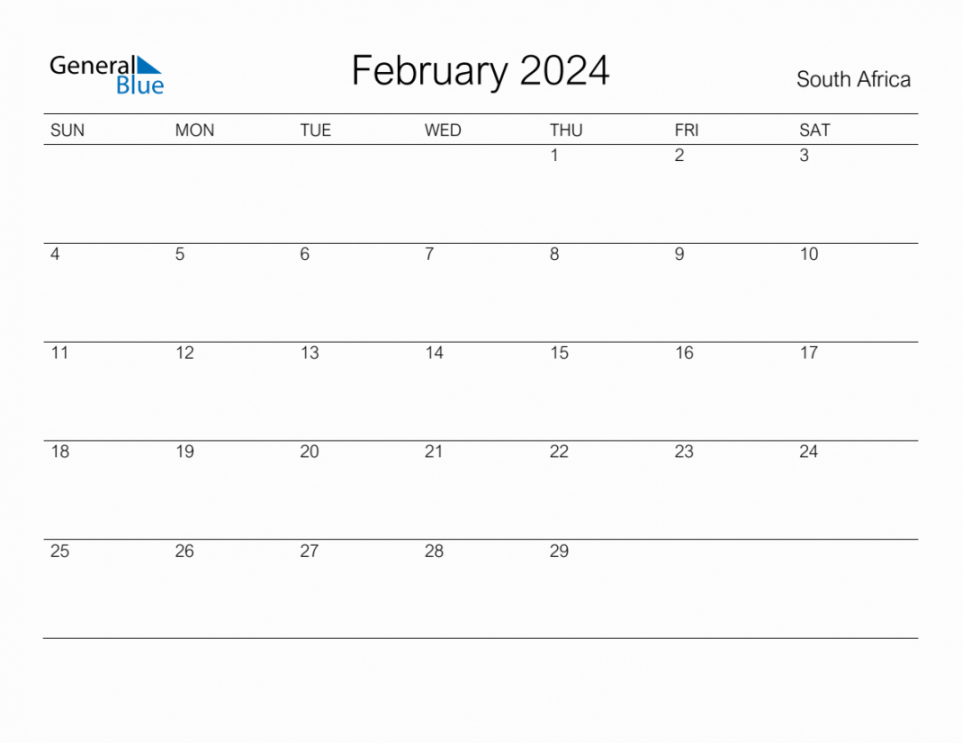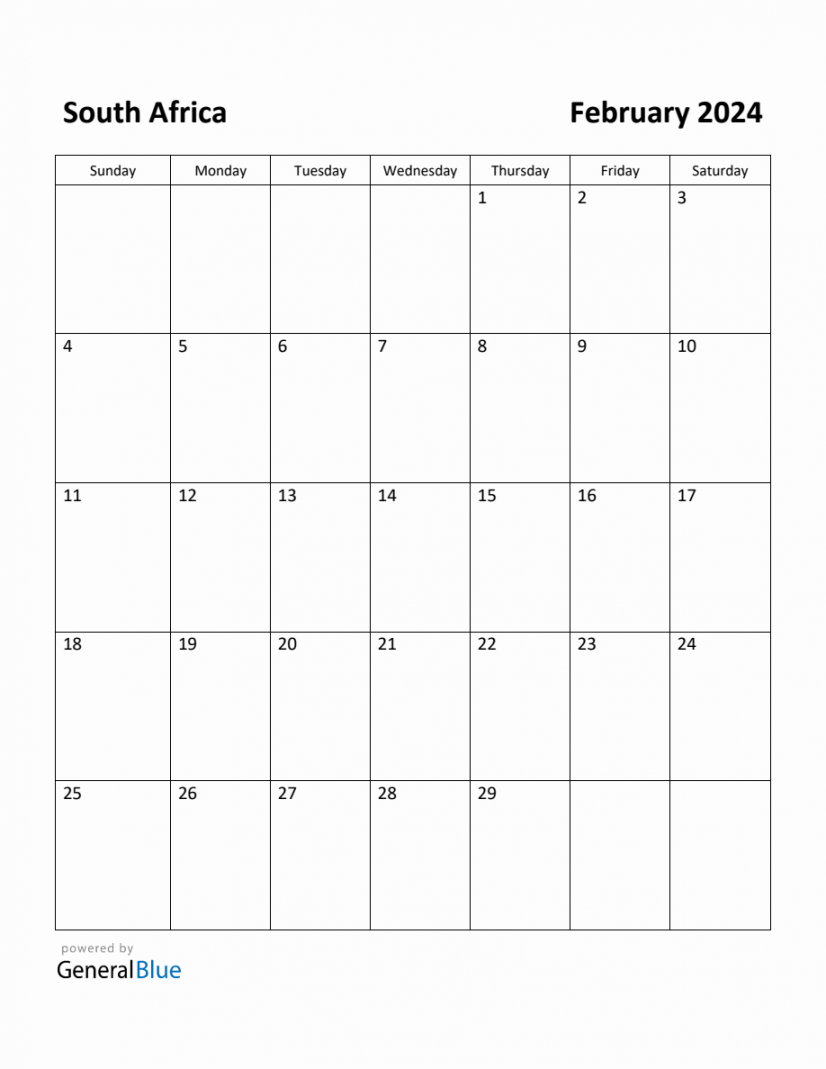Brace for 2024: Busy election calendar adds uncertainty to an already turbulent global economy
The global economy faces a turbulent year ahead, marked by two brutal wars, stubborn inflation, and high borrowing costs, all amidst the ongoing post-pandemic recovery. The looming 2024 election calendar introduces a new layer of uncertainty, with 40 national elections scheduled, encompassing 41% of the world’s population and 42% of its GDP. With geopolitical tensions, economic competition, and political polarisation on the rise, 2024 is poised to be a consequential year, challenging money managers and corporate strategists to adapt to an ever-changing landscape.

Sign up for your early morning brew of the BizNews Insider to keep you up to speed with the content that matters. The newsletter will land in your inbox at 5:30am weekdays. Register here.
By Enda Curran and Alan Crawford

The world economy is lumbering from one shock to another as two brutal wars, stubborn inflation and high borrowing costs pockmark the post-pandemic recovery. The next source of turbulence in the polycrisis era: a packed 2024 election calendar.
Starting with Taiwan in January and running through the US presidential election in November, the year will bring 40 national elections—a busy lineup even in calmer political times. Bloomberg Economics calculates that voters in countries representing 41% of the world’s population and 42% of its gross domestic product have a chance to elect new leaders next year.

With two wars raging, tensions between the US and China escalating and political polarization worsening before critical elections, the potential for disruption in 2024 is huge. Money managers and corporate planners beware: This will not be the year to keep investment plans on autopilot.
It’s “a very consequential year,” say Stanford University political scientist Amy Zegart, who previously advised the US government on national security. “The more uncertainty there is about anything—the rules of the game, interest rates, how markets are likely to move, government regulation, policy—the more difficult it is from a business perspective.”

The threats help explain why Elliott Investment Management’s founder, Paul Singer, long known for his consistently bearish views, says global conditions are much more perilous than those the markets are pricing in. “The world is now completely dependent on the good sense of leaders to avoid an Armageddon,” the billionaire investor said at a conference panel on Oct. 19. “It’s hard to avoid the conclusion that investors aren’t nearly as worried as they should be.”
Jennifer Welch, chief geo-economics analyst with Bloomberg Economics, says the world faces perhaps its most tumultuous year in a generation from a geopolitical standpoint. In addition to those strains, governments and companies are engaged in a global competition to lock down supplies of raw materials needed to transition to cleaner energy and protect local industries.
“Upcoming elections will up the ante for ruling parties to score geopolitical wins,” Welch says. “In the US, for example, taking a tough stance on China is likely to be seen as a vote-winning strategy by both major parties. This, and the possibility the election will usher in new policies, will create a period of increased uncertainty for other governments and multinationals.”
Countries heading to the polls in 2024 run the gamut of size and influence: They include resource-rich nations such as Indonesia and Venezuela, reshoring darling Mexico, politically unstable South Sudan and geopolitical hot spots Taiwan and Pakistan. Tunisia, where the Arab Spring was born in 2011, may hold a presidential election around October next year. And some of the US’s traditional European allies, including Austria, Belgium and the UK, face leadership races.
Consider a few potential outcomes:
Taiwan’s presidential election could set the tone for US-China relations for years to come, with tensions likely to escalate further if current Vice President Lai Ching-te wins as forecast.
Indonesia votes in February, with Prabowo Subianto, a former Suharto-era lieutenant general once denied a visa by the US for alleged human rights abuses, in the lead. In June he proposed a peace plan for Ukraine that would leave occupying Russian forces in place.
For the first time since the end of apartheid in the early 1990s, South Africa’s ruling African National Congress faces the prospect of losing its overall majority, forcing it to govern the country in a coalition with other parties.
A surprise loss for Indian Prime Minister Narendra Modi, who’s been in office since 2014, could risk spooking investors in a nation the US and its allies are counting on to become a counterweight to China’s economic and military might.
In the US, former President Donald Trump is leading in key swing states, recent Bloomberg News polling shows, bringing fresh uncertainty over the future of American policy on China, Russia, NATO, trade and more.
In any election, a lot will depend on how much divergence there is between various party platforms on sensitive areas such as national security, trade and immigration. Broad consensus on these topics can lessen any political risk, says Sarah Bauerle Danzman, an expert on the political economy of international investment and finance at Indiana University.
In addition to the risk of policy discontinuity, investors need to stay on the lookout for changes in leadership that result in new frictions between countries or rekindle old enmities. “We are seeing a greater use of violence as previously frozen conflicts are unfrozen,” Bauerle Danzman says. “That is where most of the biggest political risk is being generated.”
Such upheaval is already having an impact on the corporate world, with companies feeling pressured to speak out on the Israel-Hamas war and having to navigate ongoing US-Chinese tensions. Some investors are cautious about Taiwan’s star chipmaker, Taiwan Semiconductor Manufacturing Co., because the Chinese government has made no secret of its ambitions to one day reunite the island with the Chinese mainland.
Of course, elections can bring swings in either direction. Poland in October voted out a populist government that clashed repeatedly with the European Union, setting the nation on a course correction in relation to the broader region. The upset in Poland casts doubts on predictions that far-right parties will secure a decisive majority in June elections for the European Parliament—an outcome that could imperil continued assistance to Ukraine and cause further backsliding on climate goals.
Still, the potential for change is real, along with the likelihood that some leaders resentful of Western hegemony will win reelection and toughen those stances. US President Joe Biden has warned that the world is “facing an inflection point in history.”
In Russia, voters are going to polls scheduled for March, and though Putin isn’t likely to face serious opposition, the world will be watching for signs that the electorate is becoming restive over the high casualties in its war with Ukraine. Also, this year’s rebellion by Wagner mercenaries is a reminder that an autocrat’s most dangerous rivals often lurk within the ranks of those who’ve styled themselves as allies.
In the UK, polls all point to the opposition Labour Party led by Keir Starmer defeating Rishi Sunak’s Conservatives in elections expected next autumn. But Starmer will need to secure a big enough majority to tackle Britain’s deep-rooted economic problems.
How all these votes play out will dictate trends in trade, security and financial markets for years to come.
“Elections matter in ways that they didn’t before,” says Christopher Smart, a former senior economic policy official at the US Department of the Treasury and the White House, and now managing partner of the Arbroath Group. Changes of government don’t necessarily trigger immediate policy shocks, but they can cause countries to veer into different paths, he says.
A survey of investors in charge of almost $10 trillion worth of assets found that more than 90% believe threats to US democracy are rising, and less than 30% are confident that public companies are ready to manage that risk, according to the survey conducted by the States United Democracy Center in partnership with the Brookings Institution.
“These elections have the potential to exacerbate the uncertainty and volatility that have been buffeting the world economy,” says Eswar Prasad, a professor at Cornell University and an expert on trade. “This has the potential to damp private investment around the world.” —With Souhail Kara.
Read also:
© 2023 Bloomberg L.P.
Visited 424 times, 424 visit(s) today

